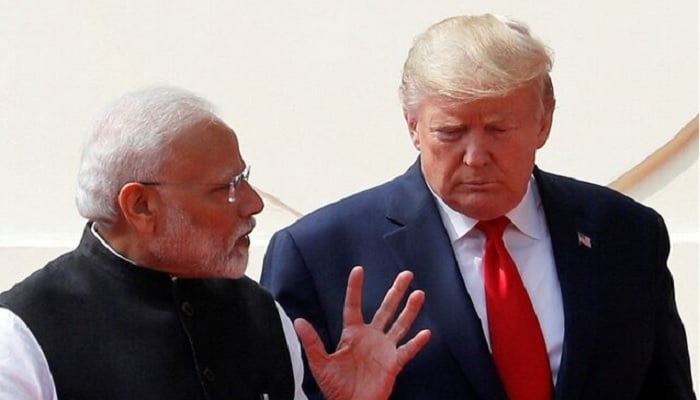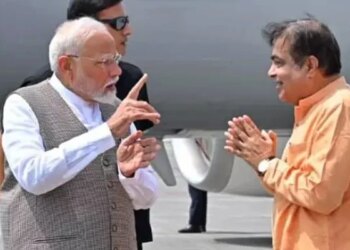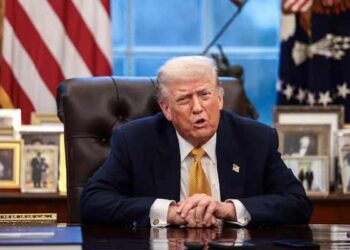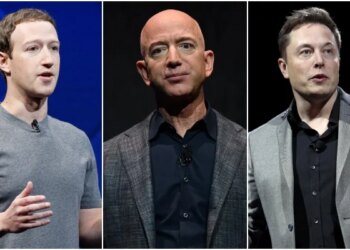Select Language:
Indian Prime Minister Narendra Modi received warm birthday greetings from U.S. President Donald Trump on Tuesday, along with praise for his efforts to bring an end to Russia’s war in Ukraine. The exchange occurred amid ongoing tense trade negotiations between the two nations.
Trump expressed gratitude for Modi’s support in ending the conflict between Russia and Ukraine, describing their conversation on Truth Social as “wonderful” and commending India’s leader for doing a “tremendous job.” Modi, posting on X, thanked Trump for the wishes, emphasized his commitment to elevating bilateral relations to “new heights,” and voiced support for Trump’s push toward a “peaceful resolution of the Ukraine conflict.”
Relations between New Delhi and Washington have been strained since Trump imposed a 50% tariff on most Indian exports last month in retaliation for India’s continued purchases of Russian oil. White House officials have accused Indian oil refiners of profiteering and argued that India’s actions have helped finance Moscow’s war effort.
Over the past week, both countries have sent more conciliatory signals and reaffirmed their dedication to ongoing trade negotiations. On Tuesday, trade officials from India and the U.S. met in New Delhi. Brendan Lynch, the U.S. assistant trade representative for South and Central Asia, was among those present.
An Indian commerce ministry statement described the talks as “positive and future-oriented,” stating, “Given the importance of bilateral trade, efforts will be intensified to achieve an early conclusion of a mutually beneficial trade agreement.” Despite being among the first countries to initiate trade talks with the U.S., India has yet to secure a deal that would reduce its tariff burdens, raising concerns among exporters about canceled orders and potential job losses.
Trump’s decision to link trade issues with the broader geopolitical tensions—by increasing duties from 25% to 50% on Indian goods—has added complexity to the negotiations. Experts believe that any substantial progress will depend on Washington rolling back the oil-linked 25% duty, with analysts noting that without this concession, a breakthrough remains unlikely.
Ajay Srivastava of the Global Trade Research Initiative, a Delhi-based think tank, commented, “The only way forward is for Washington to reverse the oil-linked duties. Without that, any resolution is neither politically nor economically feasible.”







